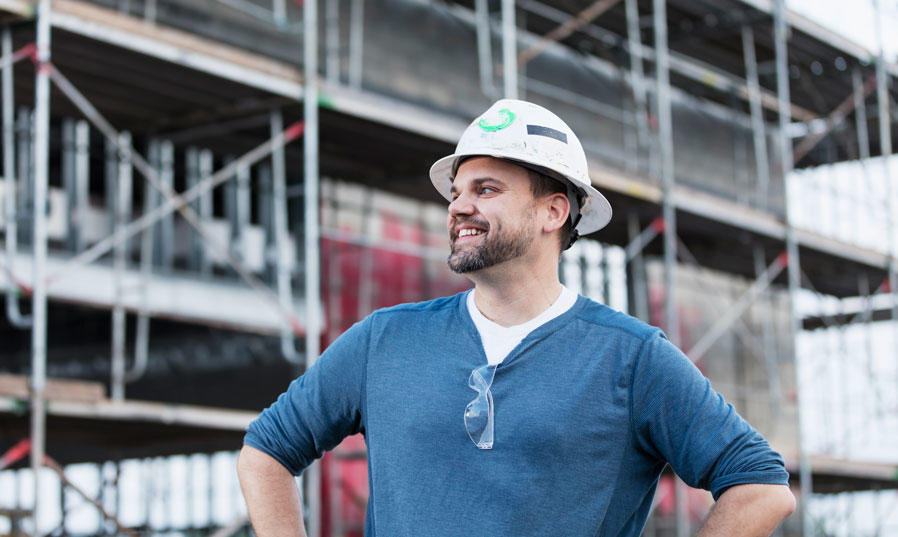The Connect for Cancer Prevention Study is looking for people from many places and backgrounds throughout the United States. We want people from a variety of groups to take part in this research so everyone can benefit from what we learn.
To join Connect, you must:
- be between 30 and 70 years old when you join
- have never had cancer (if you have or once had non-melanoma skin cancer, or a condition that raises the risk of getting cancer, you can still join. See below for more information).
- get your health care from one of our partner health care systems:
- Baylor Scott & White Health (Texas) — currently enrolling
- HealthPartners (Minnesota and Wisconsin) — currently enrolling
- Henry Ford Health (Michigan) — currently enrolling
- Kaiser Permanente Colorado — currently enrolling
- Kaiser Permanente Georgia — currently enrolling
- Kaiser Permanente Hawaii — currently enrolling
- Kaiser Permanente Northwest (Oregon and Southwest Washington) — currently enrolling
- Marshfield Clinic Health System (Wisconsin) — currently enrolling
- Sanford Health (South Dakota, North Dakota, and Minnesota) — currently enrolling
- University of Chicago Medical Center (Illinois) — no longer enrolling
If you join Connect, you can stay in the study even if you leave your current health care system.
Connect is a long-term study. If you join, we hope you will take part in Connect for many years. The longer you participate, the more we may learn.
Cancer History and Risk
We are asking people who have never had cancer to join Connect.
However, if you have or once had non-melanoma skin cancer (for example, basal cell or squamous cell carcinoma) you can still join.
People who have or once had a condition that raises the risk of getting cancer can also join. Some of these conditions are:
- Carcinoma in situ of the breast, also known as lobular carcinoma in situ (LCIS) and ductal carcinoma in situ (DCIS), or stage 0 breast cancer
- Cervical dysplasia or cervical intraepithelial neoplasia (CIN), also known as abnormal cells growing in the cervix
- Colon polyps or adenomas
- Uterine fibroids
- Benign prostatic hyperplasia (BPH), also known as prostate enlargement or prostatic intraepithelial neoplasia (PIN)
- Lung nodules
If you have or once had any of these conditions, we hope you join Connect. We are interested in learning how these conditions may relate to cancer risk and health outcomes.
Connect will follow participants over time to learn about their long-term health outcomes, including cancer. If you develop cancer in the future, we hope you will stay in Connect. We value your participation and hope to support you no matter what the future holds.
Not sure if you are eligible? Contact us.

